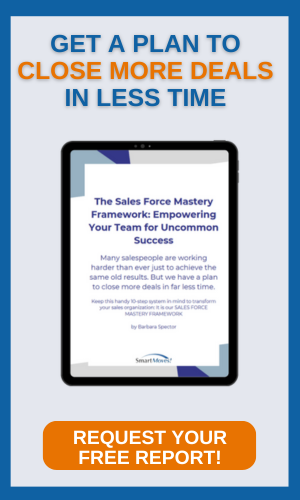By Marie Stempinski, Special to the Times
Is your most important asset about to walk out the door? Studies show that seasoned, trained and productive employees — your most important assets — are increasingly feeling trapped and dissatisfied in their jobs. Many are looking for greener pastures. Some experts even go so far as to call 2013 the year of "The Great Employee Exodus." It is predicted that a job rebound is just over the horizon. Your workers have more opportunities to jump ship than they did in the past few years. That's especially true in health care and in the technical, IT, biochemistry, human resources and accounting fields. Do you have policies and plans in place to retain loyal and valuable workers?
Why are employees leaving?
Burnout, work overload and a lack of training, recognition and opportunity. Those are the top five reasons former employees cite for leaving their previous employers. In a May 2012 Fortune.com post, Gary M. Stern wrote of a recent study of 500 IT administrators by the company Opinion Matters. It showed that 72 percent were stressed, 67 percent considered switching careers, 85 percent said their job intruded on their personal life, and 42 percent lost sleep over work.
It's not just IT managers. Pressure is building across the board. Why? Shortly after the recession began, many companies learned they could be productive with fewer people. But that philosophy had its downside. With fewer employees doing more work and with management decreeing that employees must be on call 24/7, short-term productivity soon began to falter. Instead, companies are now seeing apathy, mistakes and, eventually, employee exists.
Generation Xers (often middle managers in their 30s and 40s) are looking for more training, promotions and benefits such as vacation time, better health care, and higher pay. Millennials (employees in their late teens to late 20s) bring youth, technological savvy and energy to their work. However, they also expect hand holding, training and lots of recognition. And, once they are trained and productive, they rarely stay on to become seasoned workers. Most expect to climb the ladder by moving on from job to job, company to company.
So companies are facing a dilemma. Thanks to increased competition in the United States and from overseas, trained and seasoned workers are now invaluable. How can you keep them on the job and productive?
- Develop an employee retention/motivation plan that is especially designed for your company and can be accomplished within your company's budget. That means being creative. More money isn't always the answer, and while "pay for performance" is a growing trend, "performance" is subjective and often hard to prove. Remember to include motivators that appeal to the unique needs of your three-generational workforce.
- Get employee "buy in" as you develop the plan. Surveys and focus groups will help identify specific motivators and help you create a sense of urgency that will help "sell" your plan to top management.
- Show top management how employee retention and motivation improve the bottom line — productivity and profitability.
- Communicate the plan clearly and equally throughout your company.
- Continue to communicate as you implement the plan.
- Share the results with all workers — not just top management.
If you don't have the time or the person power to develop and implement an employee retention/motivation plan, hire a professional contractor to help you. Don't lose your most important assets. Make 2013 the year of "The Happy, Productive and Motivated Employee."
For more information please visit www.smartmovesinc.com or contact us at (800) 700-6507.





